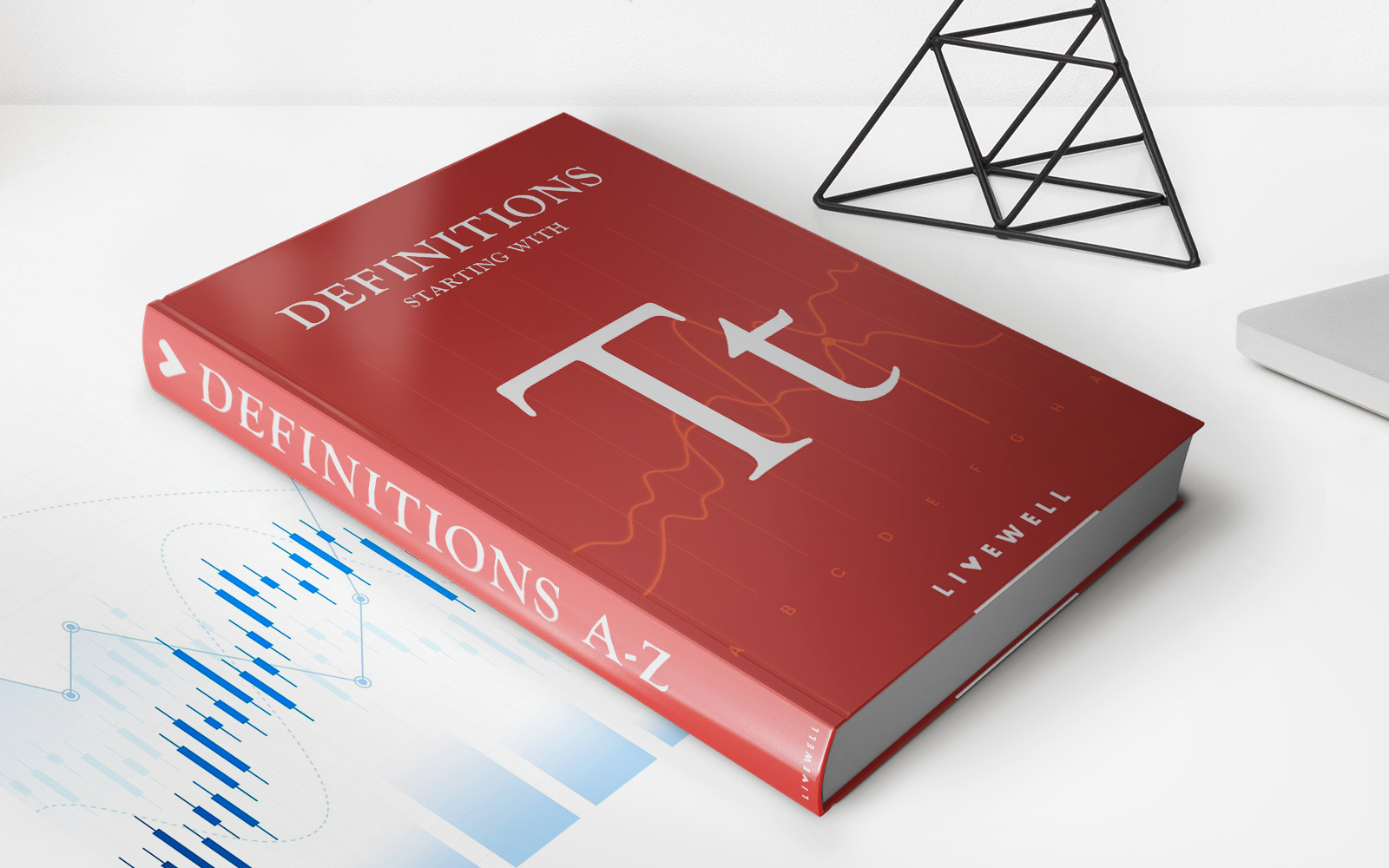

Finance
Hart-Scott-Rodino Act: Definition & Overview
Published: December 4, 2023
Discover the definition and overview of the Hart-Scott-Rodino Act in finance. Gain insights into its significance and how it impacts the industry.
(Many of the links in this article redirect to a specific reviewed product. Your purchase of these products through affiliate links helps to generate commission for LiveWell, at no extra cost. Learn more)
Understanding the Hart-Scott-Rodino Act: Definition & Overview
Finance is a vast and complex field that encompasses various laws and regulations. One such important legislation is the Hart-Scott-Rodino Act. In this blog post, we will delve into the details of this act, its implications, and how it affects businesses and consumers alike.
Key Takeaways:
- The Hart-Scott-Rodino Act requires certain companies to notify the Federal Trade Commission and Department of Justice before engaging in mergers or acquisitions above a certain value threshold.
- The act aims to prevent anti-competitive practices and protect consumers by allowing the agencies to review the potential impact of such transactions on market competition.
The Hart-Scott-Rodino Act: A Closer Look
The Hart-Scott-Rodino Act, also known as the HSR Act, was enacted by the U.S. Congress in 1976. Its primary goal is to prevent anti-competitive practices and ensure fair competition in the market. The act requires companies to notify the Federal Trade Commission (FTC) and Department of Justice (DOJ) before engaging in certain mergers or acquisitions.
But why is this notification necessary? The HSR Act empowers the FTC and DOJ to review mergers and acquisitions that exceed a certain dollar value, known as the filing threshold. This review process allows the agencies to assess the potential effects on competition within the relevant market.
How Does the HSR Act Impact Businesses and Consumers?
For businesses, compliance with the Hart-Scott-Rodino Act is crucial when planning major mergers or acquisitions. Failing to notify the FTC and DOJ can lead to significant penalties. Additionally, the review process might uncover potential anti-competitive practices, potentially leading to regulatory intervention or even blocking the transaction.
On the consumer side, the HSR Act helps protect their interests by ensuring that competition remains fair and robust. By reviewing mergers and acquisitions, the FTC and DOJ can identify potential risks to competition that may harm consumers. This oversight helps maintain a healthy marketplace where consumers can benefit from competitive pricing, better products, and increased innovation.
In Conclusion
The Hart-Scott-Rodino Act is a vital legislation that safeguards competition and consumer interests in the finance industry. With its mandatory notification requirements, it provides regulatory oversight over mergers and acquisitions, ensuring fair play in the marketplace. By understanding the implications of this act, businesses can navigate the landscape while consumers can enjoy the benefits of a competitive market. Compliance with the HSR Act plays a crucial role in maintaining a healthy and thriving economy.














